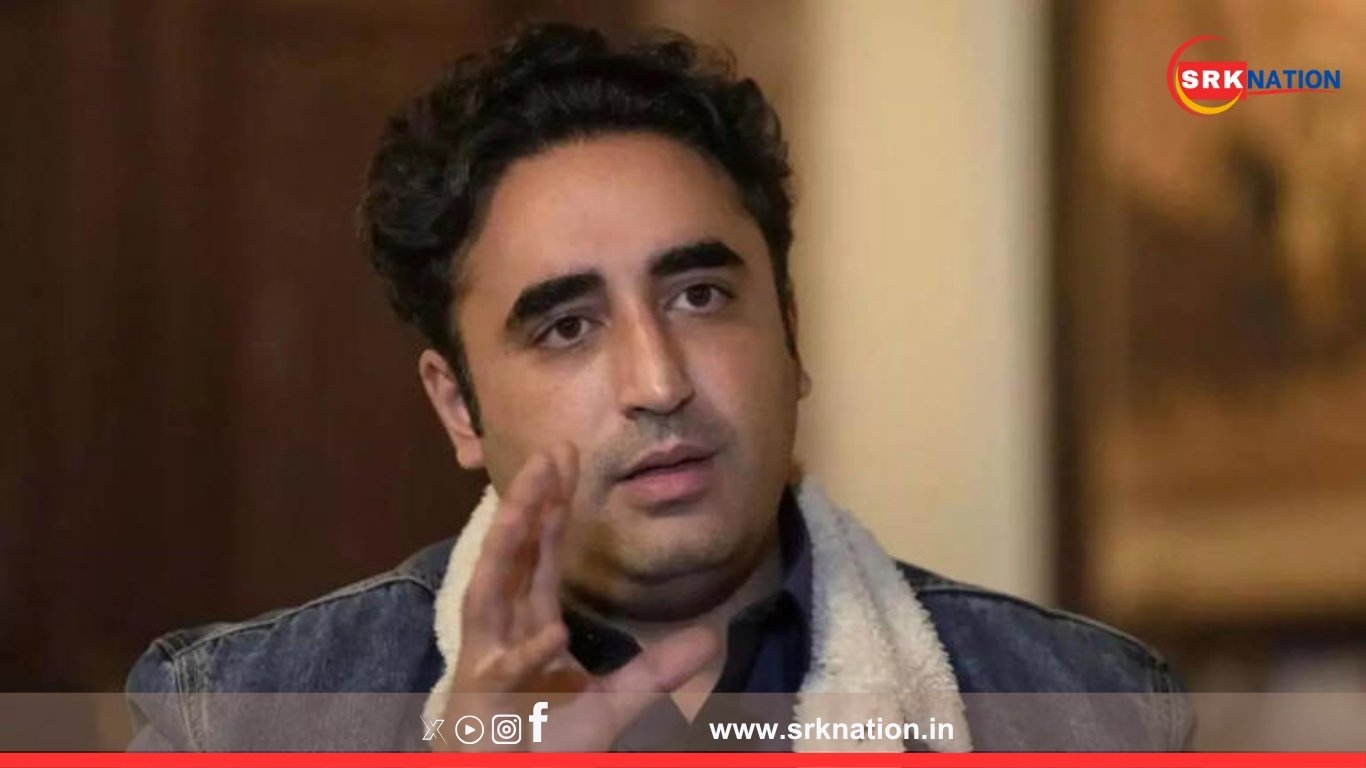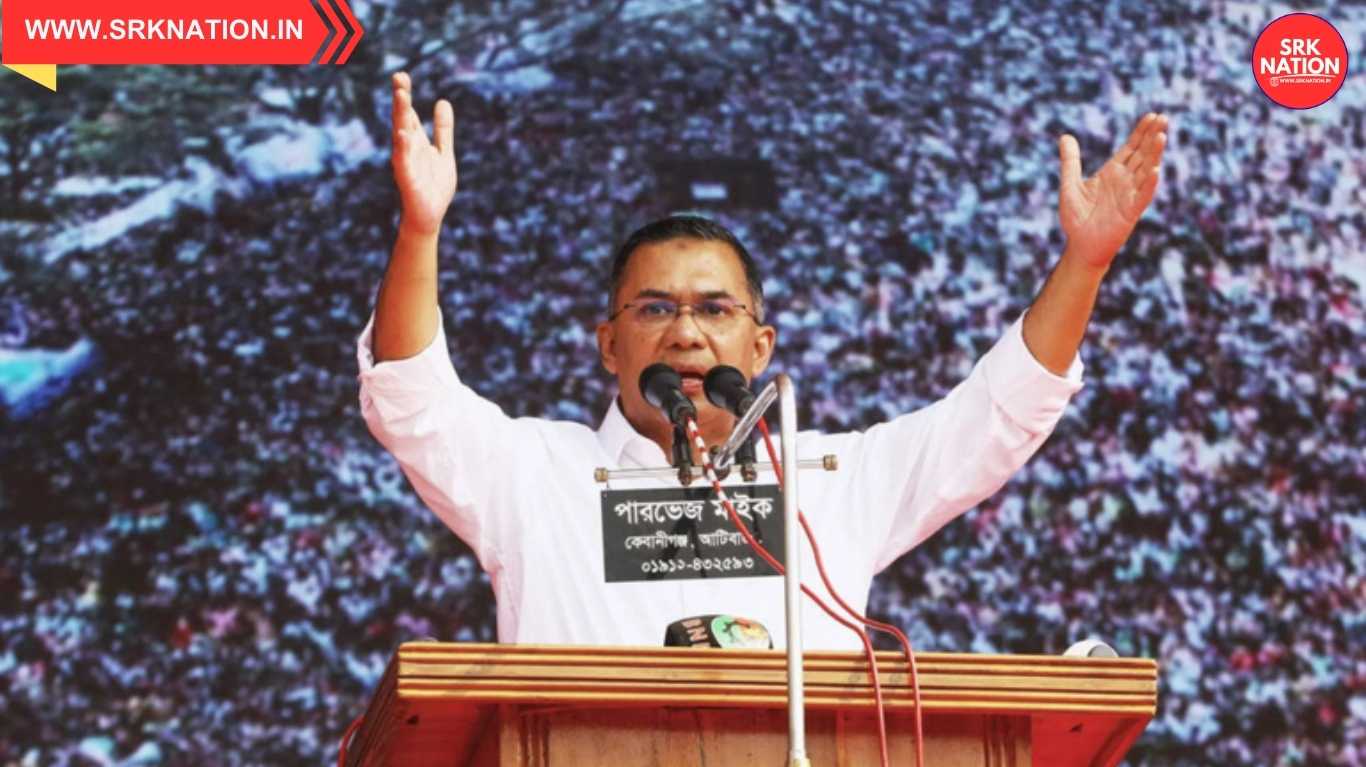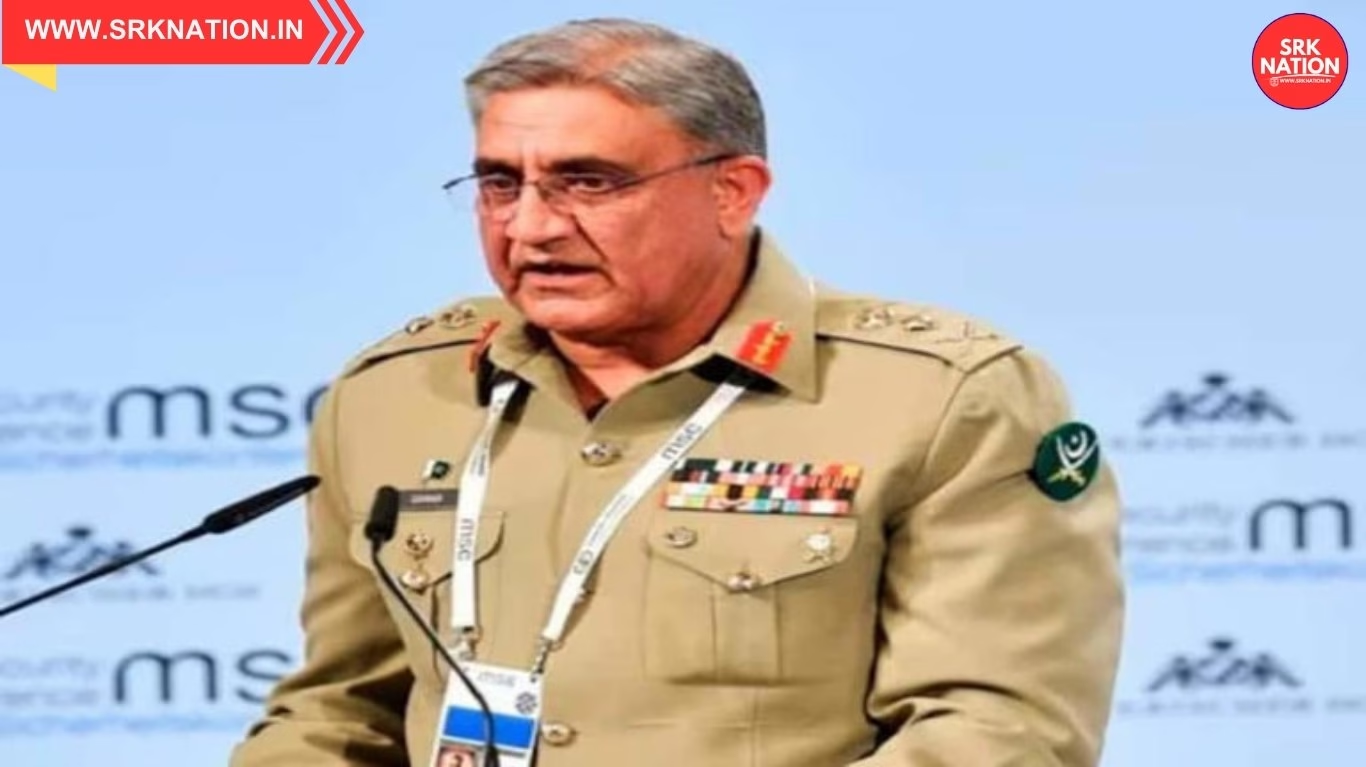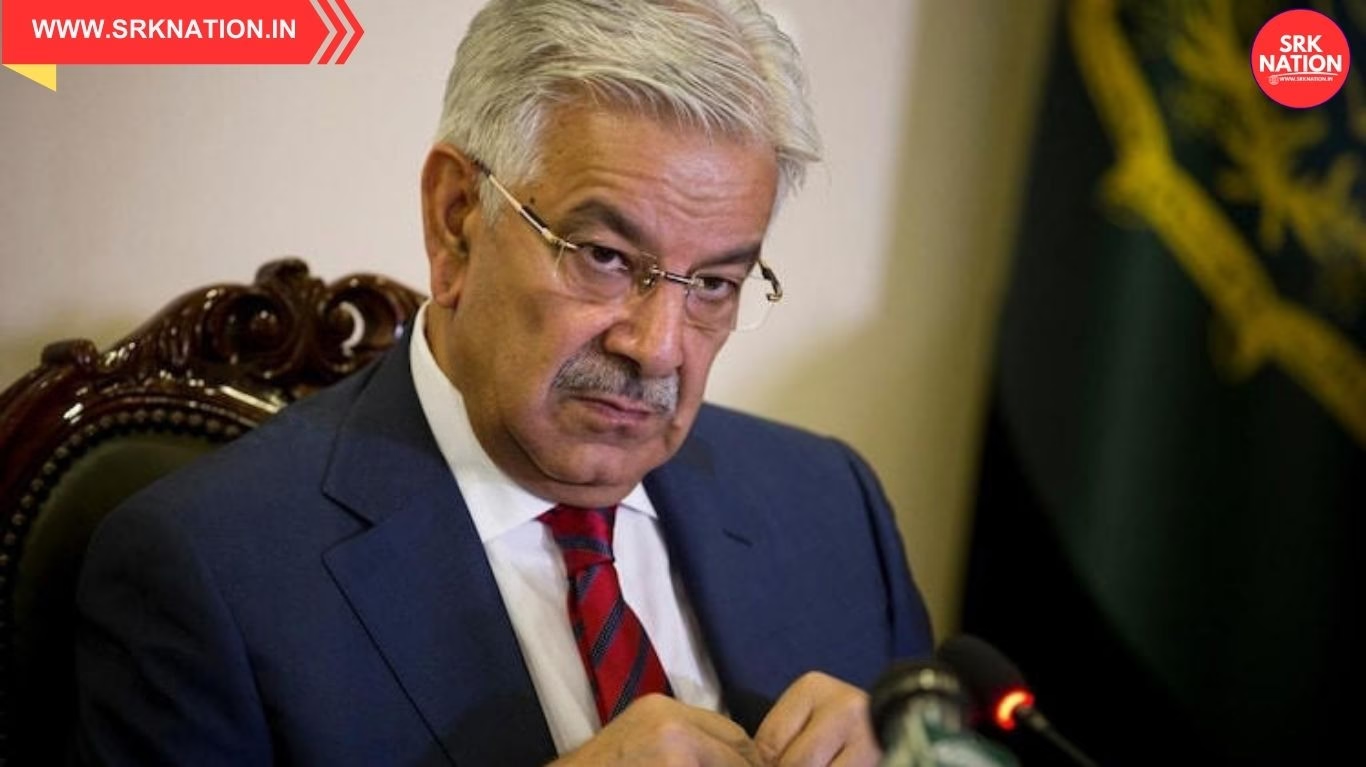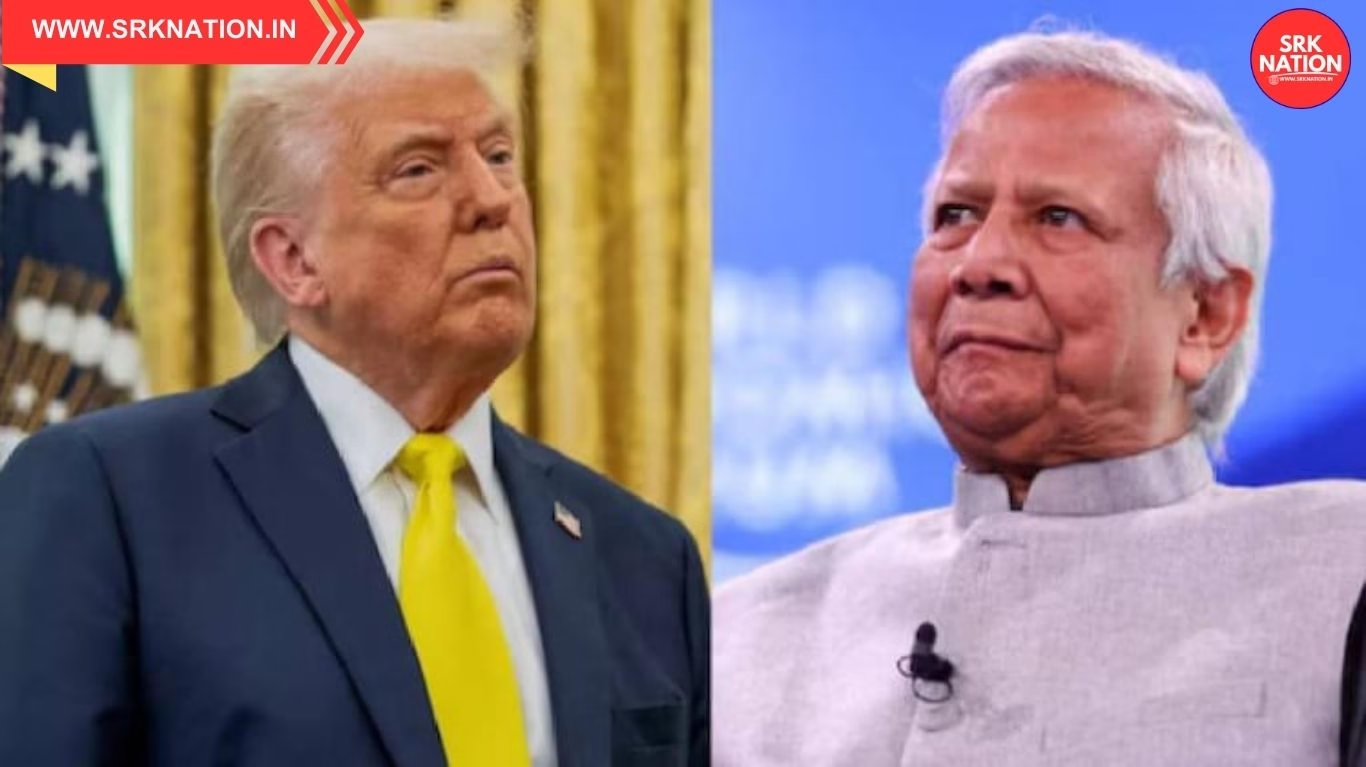In a statement that could reshape the contours of India-Pakistan bilateral relations, Pakistan’s Foreign Minister Bilawal Bhutto Zardari has declared that Islamabad has no objection to extraditing ‘individuals of concern’ to India if legal frameworks and mutual agreements permit such actions. The remarks were made during an interaction with journalists on the sidelines of a diplomatic meet, triggering cautious optimism among strategic circles in New Delhi.
Key Highlights Of Bilawal Bhutto’s Statement
- Willingness For Legal Cooperation
Bilawal Bhutto stated, “If there are individuals who are of concern to India, and if our legal and diplomatic frameworks align, we have no objection to discussing their extradition.” - Emphasis On Due Process
The Foreign Minister clarified that such actions must adhere to international law, Pakistan’s constitution, and existing bilateral agreements, indicating the role of courts and ministries in the final decisions. - Context: Rising Pressure On Pakistan
The statement comes at a time when Pakistan faces increasing global scrutiny over harbouring individuals wanted by India for terrorism, organised crime, and separatist activities.
Background: Extradition Roadblocks Between India And Pakistan
| Issue | Details |
|---|---|
| No formal extradition treaty | India and Pakistan do not have a formal bilateral extradition treaty, complicating direct transfers. |
| Political mistrust | Accusations of using extradition requests for political or diplomatic leverage have blocked past processes. |
| Notable wanted individuals | India has sought extradition of underworld figures, separatist leaders, and terror financiers residing in Pakistan. |
Pivot Analysis: Potential Individuals Of Concern
While the Pakistani foreign minister did not name anyone, Indian security and diplomatic sources cite longstanding requests for:
- Underworld mafia dons involved in extortion, arms trade, and terror financing.
- Terror masterminds linked to 26/11 Mumbai attacks and Pathankot assault.
- Khalistani separatist leaders operating from Pakistani territory.
These individuals remain high-priority targets for Indian counterterrorism agencies, and any forward movement on their extradition could strengthen India’s internal security apparatus.
Recent Developments Prompting The Shift
Analysts highlight multiple factors influencing Bilawal Bhutto’s softened stance:
- FATF Grey List Pressure
Pakistan exited the Financial Action Task Force (FATF) grey list but remains under scrutiny, making extradition cooperation an attractive gesture to demonstrate counterterrorism seriousness. - Global Isolation Risks
Continued allegations of providing safe havens to terror elements have hurt Pakistan’s diplomatic credibility. - Economic Assistance Linkages
IMF, World Bank, and key bilateral donors increasingly factor in governance and security reforms while negotiating support packages with Pakistan. - India’s Regional Clout
India’s rising economic and diplomatic stature is compelling Pakistan to recalibrate its posture for issue-based cooperation.
Table: High-Profile Indian Extradition Requests To Pakistan In Last Two Decades
| Name | Accusation | Status |
|---|---|---|
| Dawood Ibrahim | Mumbai 1993 blasts mastermind, global mafia leader | Reported to live in Karachi; Pakistan denies presence. |
| Hafiz Saeed | 26/11 Mumbai attacks planning | Under house arrest/trials in Pakistan; India demands extradition. |
| Masood Azhar | Pathankot, Pulwama attack links | Pakistan claims he is unwell; UN listed terrorist. |
| Tiger Memon | 1993 bombings logistics head | Reportedly in Pakistan; no official confirmation. |
Indian Government Reaction
There has been no immediate formal response from India’s Ministry of External Affairs (MEA), but senior officials privately note:
- Extradition without a formal treaty remains complex.
- Pakistan’s willingness must translate into judicial and executive actions, not just diplomatic statements.
- India seeks tangible outcomes rather than “temporary confidence-building measures”.
Strategic Implications If Extradition Materialises
| Potential Impact | Explanation |
|---|---|
| Counterterror win for India | Direct legal custody of wanted individuals would close long-pending terror financing and operational loopholes. |
| Pakistan’s global image boost | Demonstrating counterterror commitment could aid in economic revival efforts and international negotiations. |
| Strengthened bilateral mechanisms | Could pave way for limited security and legal cooperation even without normalisation of broader diplomatic ties. |
| Regional security recalibration | May reduce space for violent non-state actors operating across borders with impunity. |
Expert Commentary
- Dr. Aparna Pande (Hudson Institute): “Pakistan’s statement is unprecedented in tone but implementation will remain hostage to ISI and security establishment calculations.”
- Lt. Gen. Syed Ata Hasnain (Retd): “It is a strategic signalling to the US and FATF. If even one key individual is extradited, it will be a game-changer for India-Pakistan counterterror dynamics.”
- Michael Kugelman (South Asia Institute, Wilson Center): “There is intent but absence of a treaty and mutual legal assistance framework will slow down or stall actual extraditions.”
Outlook: Road Ahead For India-Pakistan Extradition
Despite the positive diplomatic overture, analysts remain cautious due to:
- Lack of legal infrastructure for mutual extradition.
- Possible domestic backlash within Pakistan if high-profile figures are handed over to India.
- History of similar statements being rolled back under security establishment pressure.
However, bilateral security cooperation has entered public discourse, marking a potential psychological breakthrough, especially in an environment historically marked by entrenched mistrust.
Conclusion
Bilawal Bhutto’s assertion that Pakistan has no objection to extraditing individuals of concern to India signals a possible shift in Islamabad’s approach towards counterterrorism cooperation. While structural and political challenges remain formidable, even partial implementation could open a new chapter in pragmatic issue-based engagement between two nuclear neighbours.
Disclaimer: This news article is for informational purposes only. Readers are advised to verify with official government notifications, diplomatic communiqués, and legal frameworks before drawing conclusions or initiating policy or strategic analyses based on these reports.







